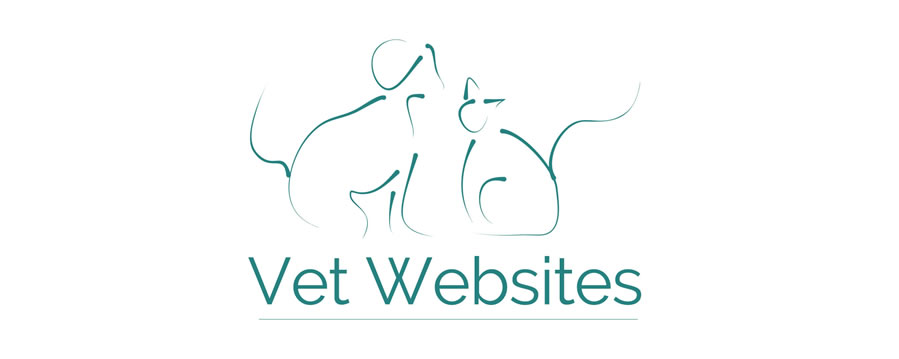FAQ’s
We answer your queries that concern you
FAQ’s that concerned us and we share our answers with you from our own research
What can be done about the environmental concerns with the use of flea treatment?
Dr Andrew Prentis answers this query perfectly for us as to what should be done –
“Stop blanket parasite treatments for pets, especially for parasites that either aren’t there or don’t cause a problem if they are. A single large dog dose of one of the vet recommended flea spot-ons contains the LD50 (lethal dose) of Imidacloprid for 50 million bees! Indiscriminate treatment has consequences
Start risk assessing our patients – fairly straightforward for most UK parasites once you look at the numbers
Be well informed on the environmental profile of all the products we stock and ask the sales reps and technical advisors probing questions about their safety for our patients, the environment and the people who handle them, which includes us
Ask yourself “Would I willingly apply pesticides and other toxic chemicals to my children on a monthly basis?”
Another very simple technique to stop blanket treatment of our pets with the regular use of flea spot-ons but prevent a welfare issue with the presence of fleas, is to advise owners to stand their pet over a white sheet, comb them with a flea comb and look for any black spots falling off that turn red if water is applied. If there is no flea dirt; there is absolutely no need to treat!
It is so simple and so effective and owners would really appreciate your honesty and desire to protect our bees and insects.
How do we test before treating for worms?
Dr Andrew Prentis again answers this query perfectly for us as to what should be done –
“Start risk assessing our patients – fairly straightforward for most UK parasites once you look at the numbers.
Get into the habit of testing before treatment. If American clients all bring in faecal samples at their pet’s annual health check, why don’t the Brits? Because we don’t ask them to
Start doing regular faecal exams in our practice laboratories or pressure our commercial labs to do them for us more cheaply than such services are currently available direct to the public”
The best laboratories to use in the UK for worm counts that you can offer to your clients are FECLAB Laboratories in Devon (a very friendly and helpful team) and slightly cheaper but also a very good service – SCIENTIF EQ, and Wormcount.com are also highly recommended. Worm Counts for Dogs is the one that is most used by dog owners.
Both options offer owners peace of mind that their pets are not being over-treated and yet again we are protecting our natural world by offering owners these sustainable options for their pets.
Is it safe to feed dogs a vegan/vegetarian diet?
We have published scientific proof by Prof Andrew Knight that not only is it as healthy to feed a vegan diet to our pets as a traditional meat-based diet, but it is also as palatable to our pets (just as the advances in vegan diets in humans have changed over the last few years).
Fortunately, we have the growth of 5 new inspiring companies in the UK that have produced diets that are balanced with the correct amounts of Taurine. Tryptophan, L-Carnitine and Methionine added to ensure that no amino acids are lacking. As legumes form a large part of the nutrient content of these new diets; it is important to provide these extra proteins to prevent any concerns over dogs developing DCM.
There is also the addition of far more sustainable Omega 3’s used in the foods rather than resorting to non-sustainable fish oils. Many of these new companies use Omega 3 in its purest form from Algae oil (where fish get their Omega 3’s from).
Everything about these companies is sustainable right down to the packaging and whole ethos of each new company and we applaud them for this.
Is it safe to feed cats a vegan/vegetarian diet?
We have published scientific proof by Prof Andrew Knight that it is safe to feed a vegan diet to our cats as long as all the necessary nutrients are available including the addition of added Taurine and Methionine to the food.
There is currently only 1 vegan cat food brand in the UK that does NOT contain the important addition of enough of these amino acids necessary in cats for heart and skin health.
We would therefore NOT advise that these diets are used yet (until a properly balanced vegan cat food diet comes onto the market – hopefully soon!)
For this reason, we advise the use of sustainable and nutritious insect-based diets for use in cats in the UK.
